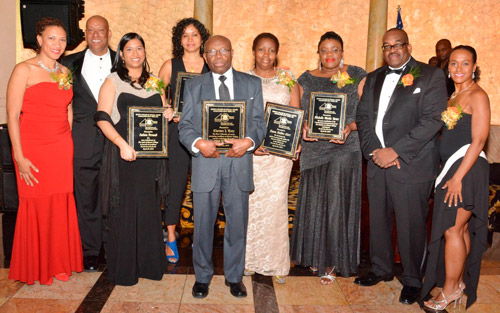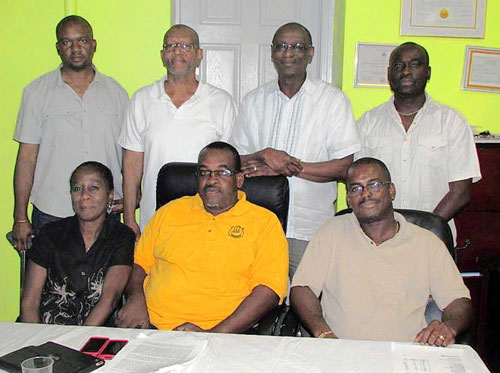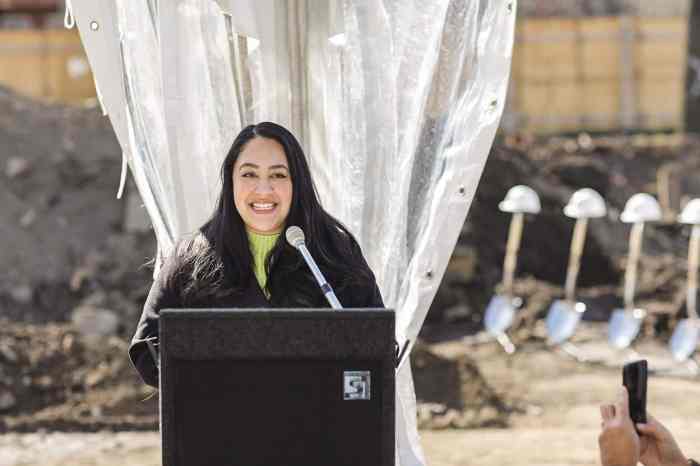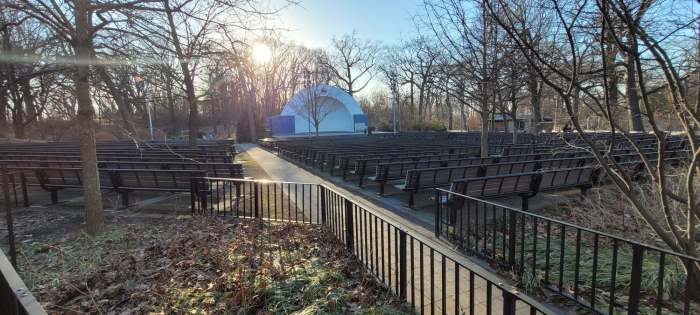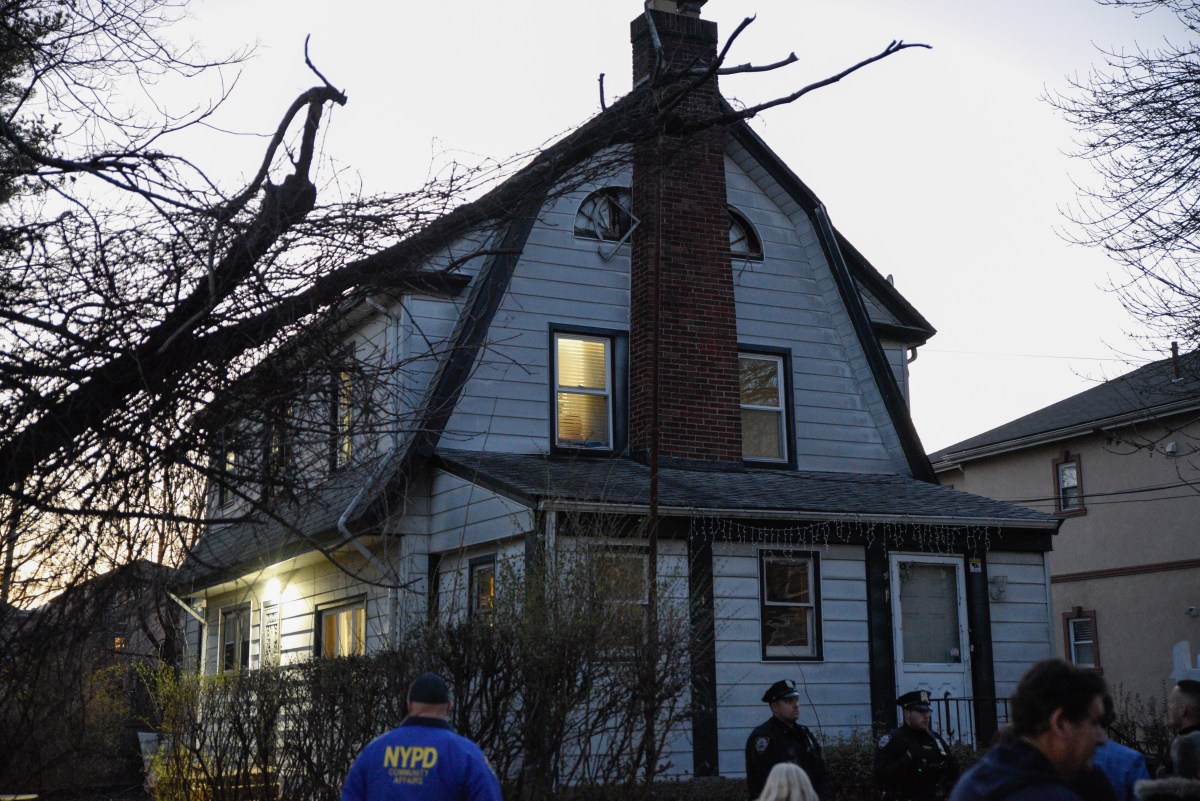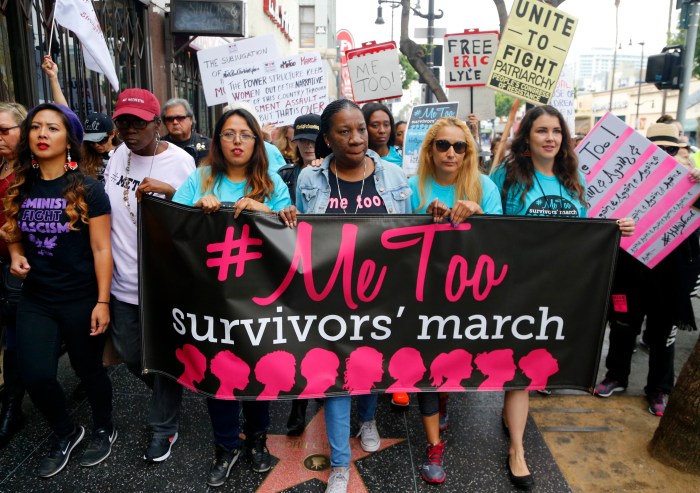Invictus
Out of the night that covers me,
Black as the pit from pole to pole,
I thank whatever gods may be
For my unconquerable soul.
In the fell clutch of circumstance
I have not winced nor cried aloud.
Under the bludgeonings of chance
My head is bloody, but unbowed.
Beyond this place of wrath and tears
Looms but the Horror of the shade,
And yet the menace of the years
Finds and shall find me unafraid.
It matters not how strait the gate,
How charged with punishments the scroll,
I am the master of my fate,
I am the captain of my soul.
-WILLIAM ERNEST HENLEY
In my formative years, I was taught at the prestigious Queens College that we must change the world for the better, and lift humanity up. I can still remember my form master, now Ambassador to Belgium, Dr. David Hales, exhorting us, “You have been selected from the entire country and, indeed the Caribbean, to attend this prestigious school to become leaders of men, ambassadors of human kind, and trail blazers to make the world a better place. Take your roles seriously.” Quoting Luke 12:48 and JFK, another beloved teacher, C.A. Yansen, (Yango) told us, “To whom much is given, from him much is expected.”
I have endured various experiences, some great, and some not so great, to carry out that mandate. The most eye-opening was not as a prosecutor ridding society of violent criminals, a magistrate dispensing justice, a justice of the peace, a three-time congressional, state senate, assembly or city council honoree, ambassador for peace, a district leader, judicial delegate, county committeeman, head prefect, Lion or Rotarian, in which capacities I served, but as an incarcerated citizen. It is from that perspective that I unashamedly advocate for the many who have suffered injustice, bigotry and downright evil. “God has sent you here to expose the injustice and evil we have been burdened with,” they tasked me.
Evil, indeed, because our nation’s criminal justice system is a disgrace. The United States makes up about five percent of the world’s population, but has 25 percent of the world’s prisoners. People of color, particularly African Americans and Latinos, are unfairly targeted by the police and face harsher prison sentences than their white counterparts.
Indeed, people of color are disproportionately affected, targeted and destroyed by the criminal justice system, to the extent that they are significantly overrepresented in the United States prison population, making up more than 60 percent of the people behind bars — despite being only 13 percent of the overall United States population. A whopping 40 percent of those who are incarcerated are black. Latinos represent 16 percent of the overall population but 19 percent of those who are incarcerated. On the other hand, whites make up 64 percent of the overall population but account for only 39 percent of those who are incarcerated.
It is a burgeoning industry for the real criminals. These vested interests pillage $80 million while institutionalizing mass incarceration of minorities. The consequences for the people who become their targets and stock in trade suffer destruction of lives, families and reputations, leading to barriers to employment and housing, social stigma, and many other evils. It is a perverted form of modern day slavery, a veritable human sausage factory.
Many of you related how the government wasted millions of dollars intimidating my campaign contributors, making an administrative matter into a huge, bogus federal crime, and threatened these immigrant contributors to testify falsely. Where are they regarding these real criminal enterprises that steal, waste and pillage tax payer funds? My consultants predicted correctly. I was either going to be assassinated or incarcerated. My story is not unique, but all too common for minorities.
I became part of the stock in this revolving door of evil, where one in three black men will go to prison at some point during their lifetimes; one in six Latino males will have the same fate. By contrast, only 1 out of every 17 white males is expected to go to prison. A similar pattern exists among women: 1 in 111 white women, 1 in 18 black women, and 1 in 45 Latina women will go to prison at some point.
Furthermore, African Americans are 2.5 times more likely to be arrested than whites. These horrible statistics are driven by the so-called War on Drugs, which has disproportionately affected people of color. Despite using and selling drugs at rates similar to those of their white counterparts, African Americans and Latinos comprise 62 percent of those in state prisons for drug offenses and 72 percent of those sentenced for federal drug trafficking offenses, which generally carry extreme mandatory minimum sentences.
Moreover, people of color, particularly black males, face longer sentences than their white non-Hispanic counterparts for similar crimes. According to the U.S. Sentencing Commission, between 2007 and 2011, sentences for black males were 19.5 percent longer than those for whites. Indeed, black men were 25 percent less likely to receive sentences below the sentencing guidelines for the crime of which they were convicted.
During traffic stops, people of color are more likely to be searched than their white counterparts. National survey data show that blacks and Latinos are three times more likely to be searched than whites. Blacks are searched in six percent of traffic stops and Hispanics are searched in seven percent of stops, whereas whites are searched only two percent of the time. Imagine how many times worse this would have been had we not defeated the bill seeking to legalize racial profiling in New York state, when I launched my first campaign in 2005.
Students of color continue to face harsher punishments at school than their white non-Hispanic counterparts. A 2010 study found that more than 70 percent of students who are “involved in school-related arrests or referred to law enforcement” are black or Latino. Indeed, black students are three times more likely to be suspended or expelled than white students. During the 2011-12 school year, 16 percent of black K-12 students were suspended, compared with seven percent of Latino students and five percent of white students.
People of color are targeted unfairly in the juvenile justice system. According to a 2014 report on racial discrimination in America, juveniles of color represented 67 percent of “juveniles committed to public facilities nationwide,” nearly twice their share of the juvenile population. Despite comprising only 15 percent of the juvenile population, black juveniles were arrested two times more often than their white counterparts.
Voting restrictions on the formerly incarcerated have disenfranchised millions of voters, particularly African Americans. Today, approximately 5.9 million people are not able to vote due to felony convictions. While laws vary from state to state, with some allowing for restoration of voting rights,1 in 13 blacks nationwide are disenfranchised due to felony convictions. In Florida, Kentucky, and Virginia, more than one in five black adults are denied the right to vote.
Those who gorge off the trough of mass incarceration are the biggest criminals and have committed crimes against humanity, perpetuating a revolving prison factory. Harsh punishments only fill their pockets with tax payer dollars, and does not reduce crime or recidivism rates. America must take immediate steps to reduce the disparate impact that the American criminal justice system has on people of color and institute reforms that apply justice fairly and equitably for all.
America can, and must do, better!
Note: Albert Baldeo is a civil rights activist and community advocate. As president of the Baldeo Foundation and Liberty Justice Center, he has continued to fight for equal rights, dignity and inclusion in the decision making process. He can be contacted at the Baldeo Foundation: (718) 529-2300.












